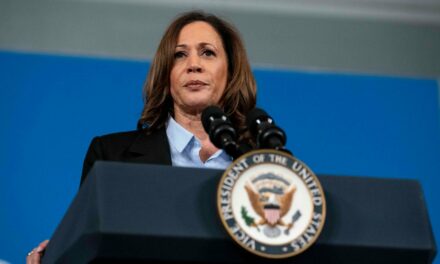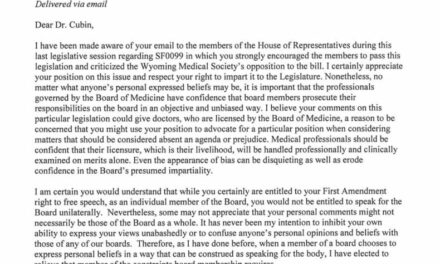We support our Publishers and Content Creators. You can view this story on their website by CLICKING HERE.
A panel at the Centers for Disease Control and Prevention that advises the U.S. government on vaccines is expected to endorse a recommendation this month to lower the age from 65 to 50 for getting a routine pneumococcal vaccination, a shot to ward off a serious lung infection.
Health policy experts and patient advocates say the endorsement of the age change for pneumonia vaccination is likely when the Advisory Committee on Immunization Practices, composed of medical and public health experts, convenes Oct. 23 at CDC headquarters in Atlanta.,
Such a move would be welcome news for patients and medical providers.
We know that vaccines are the best way to help prevent pneumococcal disease, which the CDC defines as a serious lung infection caused by the bacterium Streptococcus pneumoniae.
Lowering the recommended age to 50 makes good public health sense. More awareness and greater access to pneumonia vaccines will boost vaccine rates and protect older adults, ultimately saving lives. It’s good science and good policy.
After the COVID-19 pandemic, unfortunately, vaccines became a provocative issue in certain quarters of the public discussion. When public health officials followed the science, good policies turned into good health outcomes.
However, when governments and elected officials followed the politics without the science, the pandemic response went sideways. Regardless, we know this to be true: The threat of the new coronavirus diminished for many Americans thanks to the COVID-19 vaccines.
A recommendation by the CDC’s immunization committee to lower the age for pneumonia vaccination would help patients, of course, but it also would help restore goodwill lost after the pandemic. That recommendation would expand access to immunizations and increase trust in the public health community.
It’s critical, though, for the Advisory Committee on Immunization Practices to be an honest actor in its vaccination recommendations.
The American people have had enough of government officials picking winners and losers. The public wants greater choice and better access to 21st-century medicine; it doesn’t want experts in Atlanta making health care decisions for doctors in New Jersey or California or anywhere else.
There are two primary vaccines approved by the U.S. Food and Drug Administration for pneumococcal disease. The public knows every medicine does not interact with every patient in the same way. So, if there is a choice or option in pneumococcal vaccines, the decision to prescribe must be left to physicians.
Your doctor should decide which FDA-approved medicine or vaccine works best for you.
CDC’s Advisory Committee on Immunization Practices does important work. This proposal to lower the age recommendation for routine pneumococcal vaccination deserves applause. It’s good science.
Giving patients greater choice and access to health care is good medicine. Both pneumococcal vaccines should be recommended by the immunization committee for Americans 50 and older.
We publish a variety of perspectives. Nothing written here is to be construed as representing the views of The Daily Signal.

 Conservative
Conservative  Search
Search Trending
Trending Current News
Current News 





